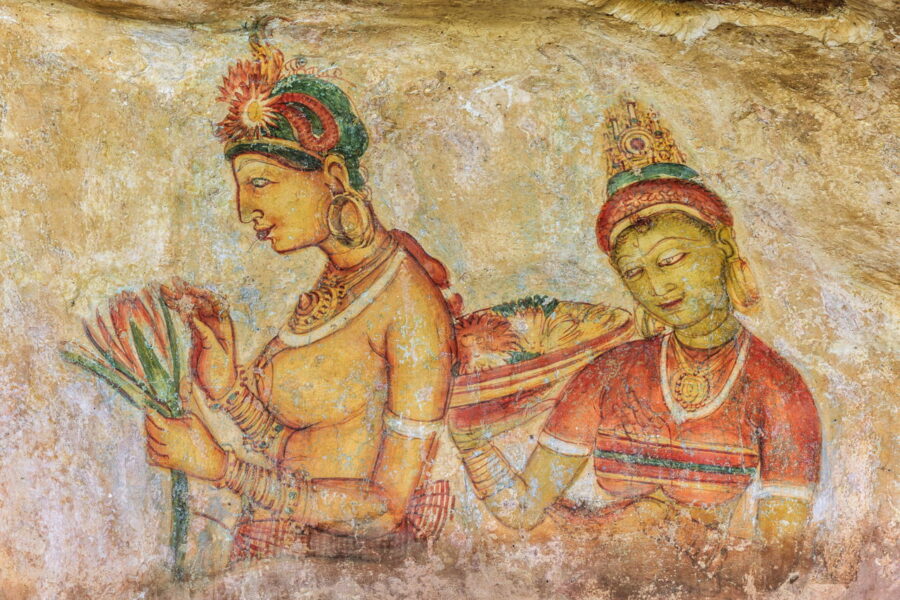Introduction:
Welcome to the official blog of the Law Offices of Kr. Vivek Tanwar Advocate and Associates, where we are dedicated to providing litigation support services for matters related to Ancient History. In today’s blog post, we aim to shed light on the prevailing issues surrounding History, the legal framework in place for their protection, and the steps we can take as a society to combat these acts. Join us as we explore this critical subject and empower you with the knowledge to protect your rights and safety.
Status Of Women In Ancient Periods
The status of women in ancient periods varied significantly depending on the specific civilization, culture, and time period being considered. It’s important to note that generalizations about the status of women in ancient times may not apply uniformly across different societies. The status of women throughout history has been a subject of great interest and study. In ancient times, women’s roles and rights varied across different civilizations, providing us with a fascinating glimpse into their lives. While it is essential to acknowledge the diversity that existed across different cultures, it aims to provide a general overview of the status of women in ancient periods, highlighting both the challenges they faced and the achievements they made.
Mesopotamia: Sumerians and Babylonians:
In Mesopotamia, women enjoyed relatively higher status than in other ancient civilizations. In Sumerian society, women could own property, engage in business transactions, and even serve as priestesses in temples. Enheduanna, a prominent figure in Sumerian history, held the title of high priestess and left behind a collection of hymns that reflected her spiritual and literary prowess. However, despite these notable exceptions, women generally lived under the authority of male relatives and were subject to various restrictions.
In Babylonian society, women’s legal rights were defined by the Code of Hammurabi. While women had some protection under the law, their status was still subordinate to men. Women were primarily confined to their domestic roles and were expected to bear children, manage household affairs, and maintain the family’s honour.
Ancient Egypt:
Ancient Egypt stands out as a civilization that offered a relatively higher status to women compared to many contemporary societies. Egyptian women had legal rights, including the right to own property, make contracts, and initiate divorce. Some women held positions of power and influence, such as Cleopatra, Hatshepsut, and Nefertiti. Moreover, the goddesses in the Egyptian pantheon played significant roles and were revered by both men and women.
Nevertheless, it is essential to note that societal privileges were not equally distributed among all Egyptian women. Higher-ranking women had access to education and better opportunities, while those from lower social classes faced more restrictions and limitations.
Ancient Greece:
In ancient Greece, women were confined to the private sphere and had limited rights and opportunities. They were primarily responsible for managing household affairs and raising children. The idealized female role was epitomized by the concept of “kouros,” which portrayed women as obedient wives and devoted mothers.
Prominent exceptions to this societal norm were notable female figures such as Sappho, a celebrated poet, and Aspasia, a highly influential and intellectual woman who exerted her influence on Athenian politics.
Ancient India:
Ancient India witnessed diverse social systems, with the status of women varying across different regions and time periods. In some early societies, women enjoyed greater freedom and participated in public life. However, the later development of patriarchal systems led to the restriction of women’s rights and the enforcing norms such as sati (the practice of widows self-immolating on their husbands’ funeral pyres).
Yet, notable women like Draupadi, Sita, and Gargi are celebrated in ancient Indian epics and philosophical texts, reflecting the recognition of their intellect and influence.
Conclusion:
The status of women in the ancient period was complex and multifaceted, varying significantly across different civilizations. While some societies offered women certain privileges, these were often accompanied by numerous restrictions and limitations. The role of women was largely confined to the domestic sphere, and their opportunities for education, political participation, and economic autonomy were severely curtailed.
However, it is essential to recognize the exceptional women who defied societal norms and achieved prominence in various fields. Despite the challenges they faced, these women left a lasting impact on their respective societies, challenging gender stereotypes and paving the way for future generations.
We are a law firm in the name and style of Law Offices of Kr. Vivek Tanwar Advocate and Associates at Gurugram and Rewari. We are providing litigation support services for matters related to Ancient History.

